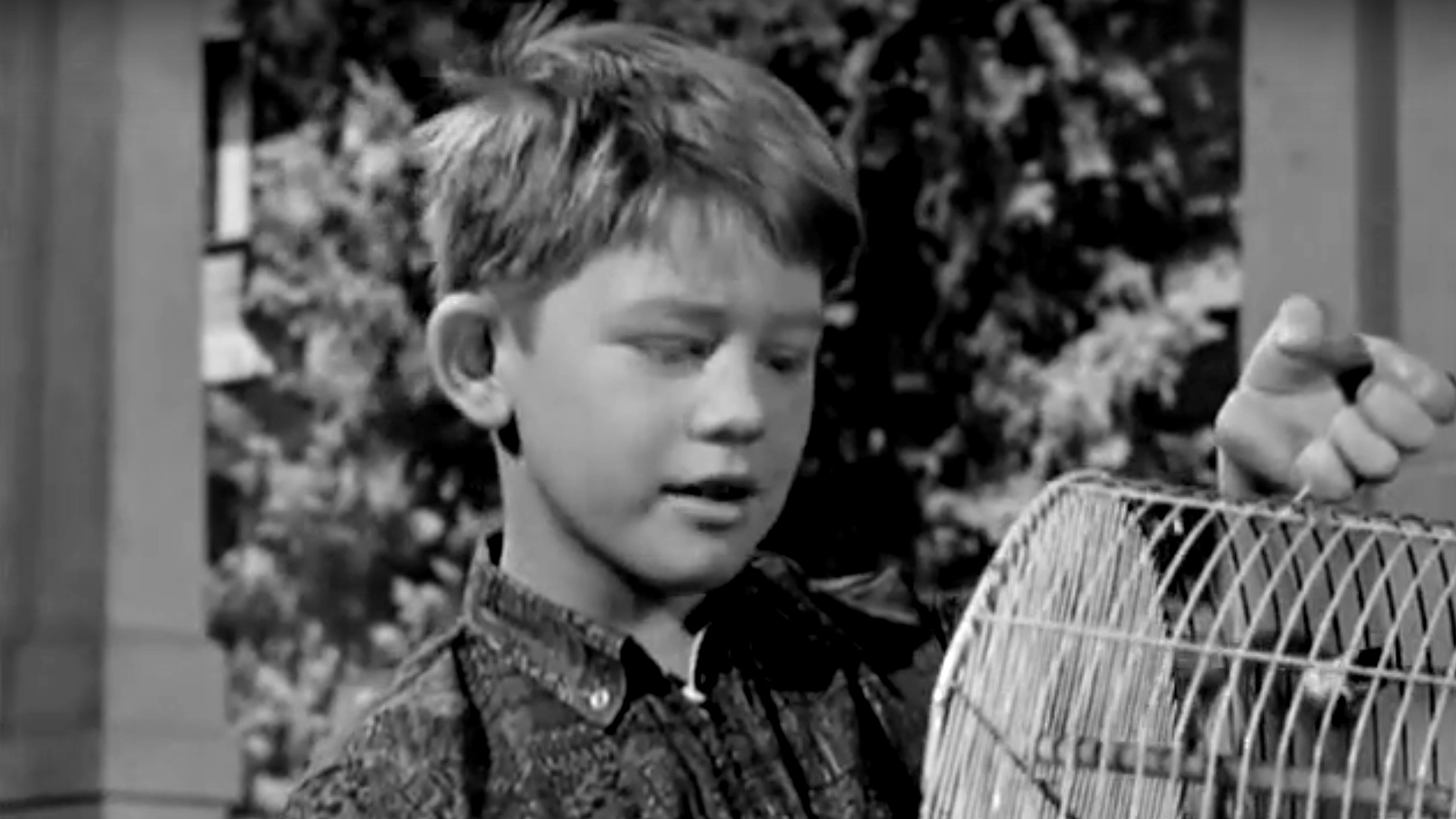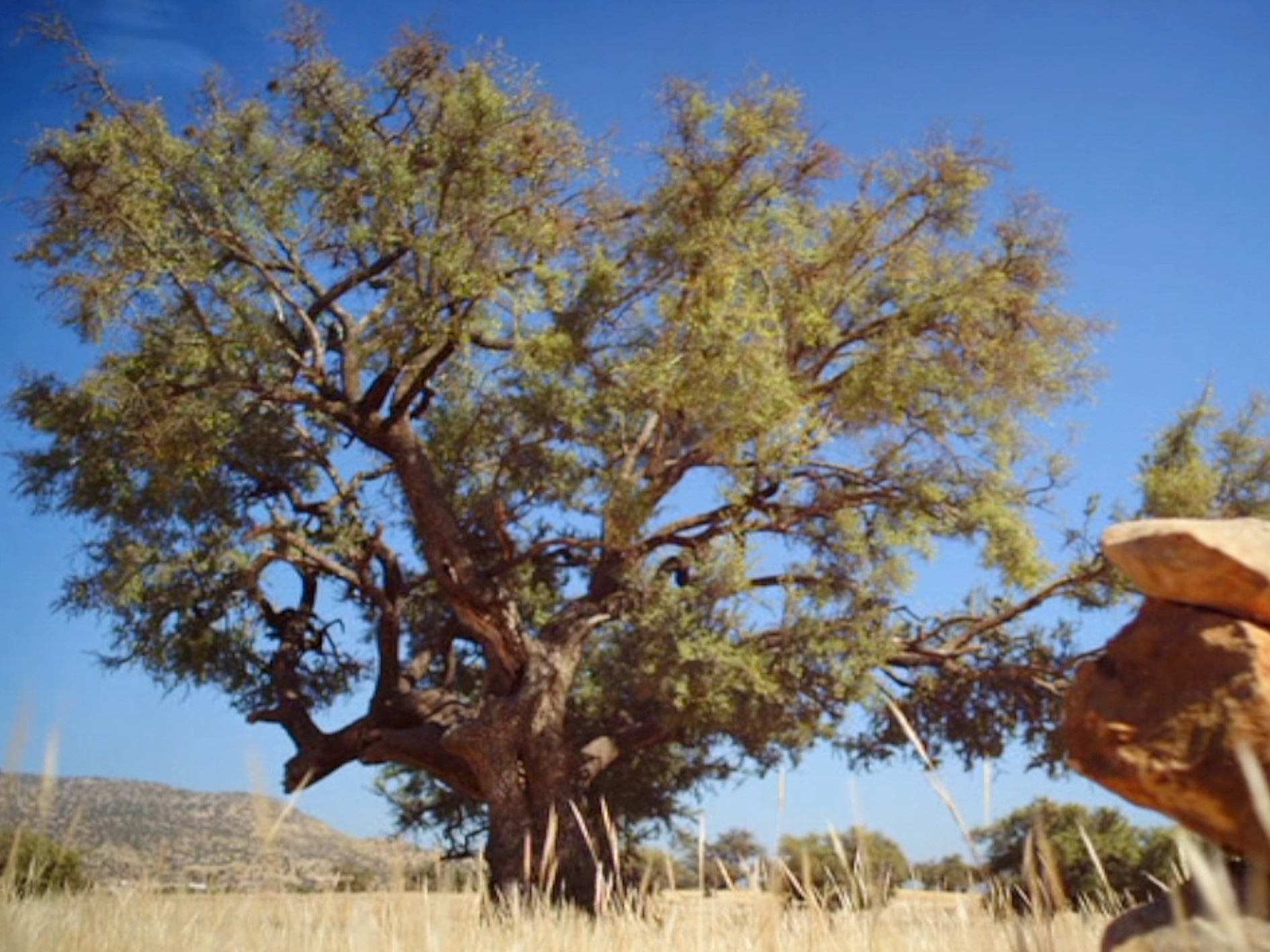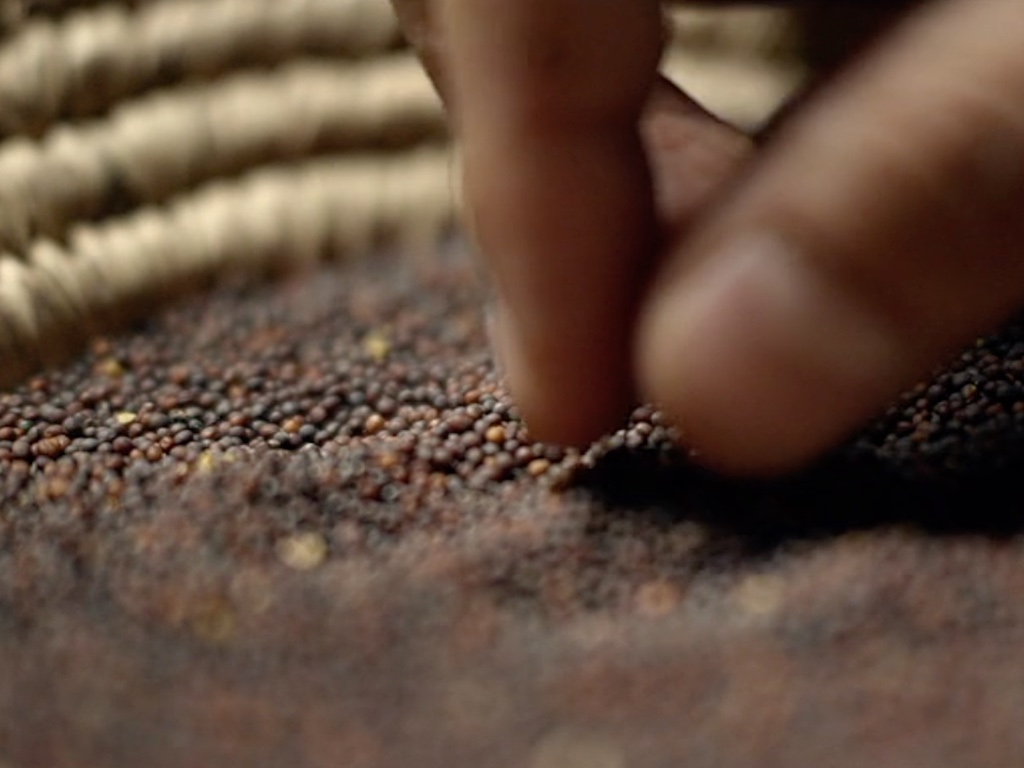I've heard these kinds of questions many times over four decades of ministry. I know horror stories. I know of what some call "epic fails." I know of deep disappointments. I also know this:
Again [Jesus] said, "What shall we say the kingdom of God is like, or what parable shall we use to describe it? It is like a mustard seed, which is the smallest of all seeds on earth. Yet when planted, it grows and becomes the largest of all garden plants, with such big branches that the birds can perch in its shade" (Mark 4:30-32).
I know that the only truly "epic fail" is for a congregation, movement, people, family, group, or person to become inwardly focused and risk nothing to grow the kingdom of God. Scattering seed, especially Jesus' brand of mustard seed, will not fail. We may not see the results of our efforts. We may not enjoy the shade of the mustard seed plant or hear the birds singing in its shade, but the power of the kingdom will use the seed we sow to make something significant for eternity.
I know of a little church in south central Texas that argued over supporting a minister in Wales because the church was growing so slowly. Now, forty years later, because they didn't quit supporting that outreach effort, amazing things have happened.
Little could they know then that this little church would one day reach a discouraged physician who would confess Christ, be baptized, and hear the call of Jesus to go and do the same with his gifts as a physician. Tens of thousands have been treated in his Christian clinics in Africa, hundreds upon hundreds of lost people have been saved. There is no telling how many thousands upon thousands have come to Christ as disciples because of this one little, seemingly insignificant church in Wales that was the mustard seed planted by a small church in Texas decades ago.
All too often, many of our churches in the west follow a similar tragic pattern. They begin as a vibrant MOVEMENT for Jesus. Slowly, little by little, they start to focus on building their own MONUMENT to themselves — a bigger place in which to worship and serve their members. Then because of their reputation, these folks start promoting their METHOD of growing a big church. Before long, this kind of church slips from its glory days and eventually becomes little more than a MEMORY with fewer and fewer attenders who look back on their glory days. In all of this, good people forget Jesus called their congregation to something more than filling a box on Sunday. They were called to reach and serve the lost world and help people find Jesus. Jesus wanted them, just like he wants us, to be a TRANSENDING.church — yes, I know the "C" is missing, and that's on purpose.
A TRANSCENDING.church is a group of people who know that they GATHER to TRANSFORM and SCATTER. Their goal is obeying Jesus' Great Commission (Matthew 28:18-20). Their passion is to live out the call of the Lord to begin right "where" they are, make a difference to those who are "near," and share his good news to those "far" away all over the world (Acts 1:8).
Every group, every congregation, and every MOVEMENT faces a point of decision: is it going to exist for itself or is it going to risk obeying Jesus and trust in the mustard seed principle? Will they recognize their goal is more than just to GATHER; they're also called to TRANSFORM and SCATTER?
There's a sweet video clip from the old "Andy Griffith Show" (see below). Andy's little boy, Opie, is shooting his slingshot at targets. Then, he decides to shoot at a bird. His aim is true, and he shockingly kills the bird. He is immediately sorry for killing the bird, but his daddy, the wise Andy, helps him understand that being sorry isn't enough. He has to raise the baby birds in place of the mother he killed.
Over time, of course, Opie falls in love with these little birds he's named Winkin', Blinkin', and Nod. As they mature, the cage becomes too small, and they need to be set free. Opie is worried they won't be able to fly. Eventually, he decides that if they can't fly, they can be his pets. However, after thinking about it a minute, he realizes that they don't want to be pets. Even though it's a risk to let them out of their cage and set them free, he knows he needs to let them out to do what birds are designed to do.

One-by-one, Opie sets the birds free. They gladly fly up into the big tree in the front yard. When all three have flown away, Opie picks up the cage while looking at it longingly. He laments that the cage looks mighty empty. But, wise daddy Andy helps him see that the trees are now nice and full.
I fear that we, as churches and groups, are turning our church members into pets. We spend all our time trying to make sure they're fed, watered, and comfortable. As long as their buns are in the pews and their funds are in the plate, we're happy. We even point to how many we have in our boxes and what we can do with our financial resources — often build more and bigger boxes for us to use. That seems safer to us than sending them out to grow the kingdom and to do the work of Jesus as his bodily presence in the world. There's a risk some could be hurt or lose their way. There's a risk that too many of the brightest and best might leave on mission and interfere with growing the number of people in the box.
Somewhere along the way, we seem to have forgotten that our goal isn't to gather people into Sunday boxes. Our mission is to GATHER people to TRANSFORM them into disciples, then intentionally SCATTER them into the world to repeat the process.
This process, this commitment to be a TRANSENDING.church, is built on the mustard principle. It is rooted in our trust that Jesus will grow his kingdom through our obedient and passionate efforts to share him with our world. It is the faith that our efforts won't be wasted. It is built on the firm conviction that even if our boxes are empty, the shade of the mustard tree is nice and full!

Special thanks for the use of the Jesus images in Phil's blog, "The Jesus Window," to Free Bible Images and the The Lumo Project.







Reader Comments
Archived Facebook Comments